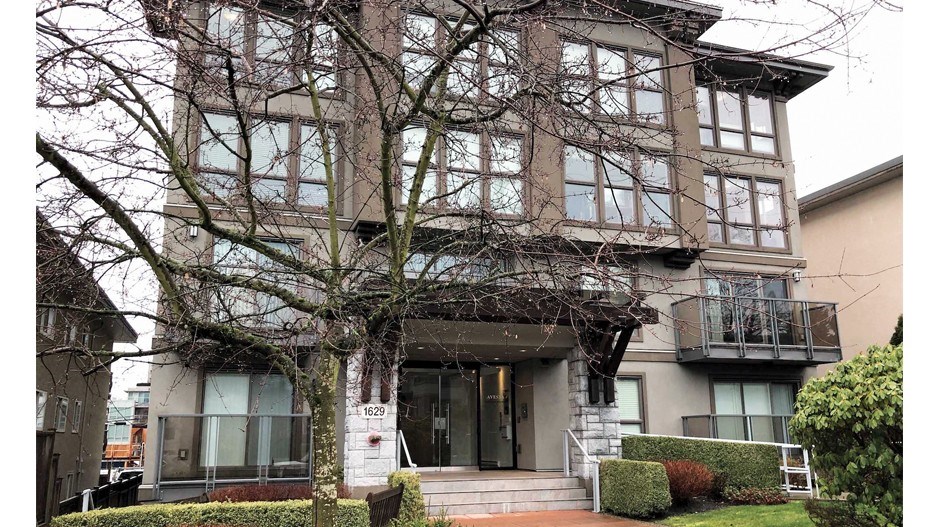During pandemic-plagued 2020, the value of the Lower Mainland’s residential real estate increased by $50 billion from one year earlier, according to the British Columbia Assessment Authority.
Geographically and historically, Metro Vancouver represents perhaps the best opportunity on the planet to make money in real estate. Mortgage rates are at 100-year lows, and the Vancouver area has the world’s second-most expensive – and among the fastest-rising – home prices.
For novice investors, however, the daunting price of real estate appears such a barrier that many believe they are frozen out of the market forever.
In this first of a four-part series on real estate investing, we outline how strategic investing can allow non-accredited buyers to get onto a real estate ladder that could carry them to their first home and beyond.
Let’s start with how to get a share of Greater Vancouver real estate by investing in a real estate investment limited partnership – in this case, a platform with the lowest entry price.
Startup Addy Technology Corp. has launched a web-based platform that provides an opportunity to buy a share of selected real estate properties for as little as $1, with maximum non-accredited investments capped at $1,500. (Non-accredited refers to people who have net assets of less than $5 million, not including a private home, and incomes of less than $200,000 per year.)
Addy works with deep-pocketed partners to secure a property and then takes a stake in the building, usually from $500,000 to $1 million, as a limited partner. It then breaks its share into $1 allotments, which it sells to investors.
On launch day, Addy releases the property on its online platform, and members can buy as many $1 units in the property as they desire, up to the $1,500 maximum for non-accredited members.
A 2020 Addy project was a new-built commercial property in Chilliwack, tenanted by Starbucks (Nasdaq:SBUX) under a long-term, triple-net lease. It sold out in 36 days during November and December 2020, and the 833 investors will be paid a quarterly dividend starting April 15.
Some Addy properties pay a quarterly or annual dividend, but others are buy-hold-and-sell opportunities where the investor takes a share of the appreciation when the property is sold, or the offering can be a mix of rental income and a share of the exit appreciation.
The platform is attracting some very small investors. The average member invests about $500.
Addy’s current project is a 22-unit rental apartment building in North Vancouver, where the general partner is Stephen Evans, who founded Pure Multi-Family Real Estate Investment Trust in 2012, built it into a 22-building U.S. portfolio and sold it in 2019 for $1.6 billion.
Addy has a $1 million share in the fully rented North Vancouver property, and, so far, 999 members have invested an average of $386 each in the project. Members get a share of the rental income and a split of the proceeds when the building is sold.
Addy co-founder Stephen Jagger said the North Vancouver property is close to being fully subscribed.
Once members sign up on the Addy website, they open a wallet and put in as much as they can afford. All of the properties are listed online, along with due diligence information and regular tracking of how the investment is performing.
Jagger said Addy has yet to turn a profit, but it plans on eventually having paid membership “like Costco” as the platform expands.
“Most limited partnerships are meant for high-net worth individuals who can afford to invest $100,000 to $500,000 or more,” said Jagger, who started Addy with co-founder Michael Stephenson. “Our idea is to help the vast majority of regular Canadians get a share in the real estate market.”
Jagger conceded that there are no guarantees with Addy, but notes that real estate, particularly in Metro Vancouver, has historically been a consistent money-maker. •




